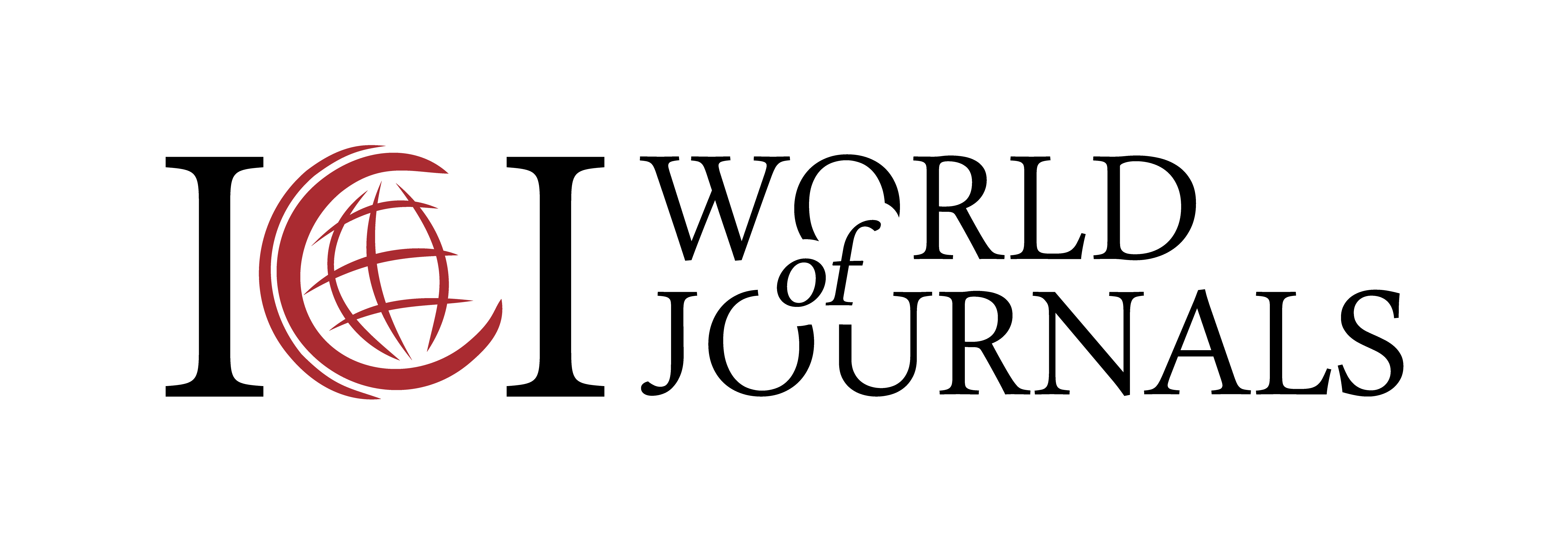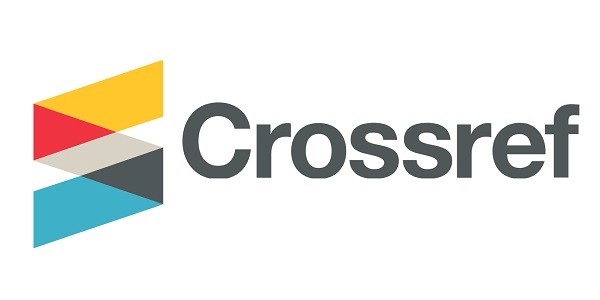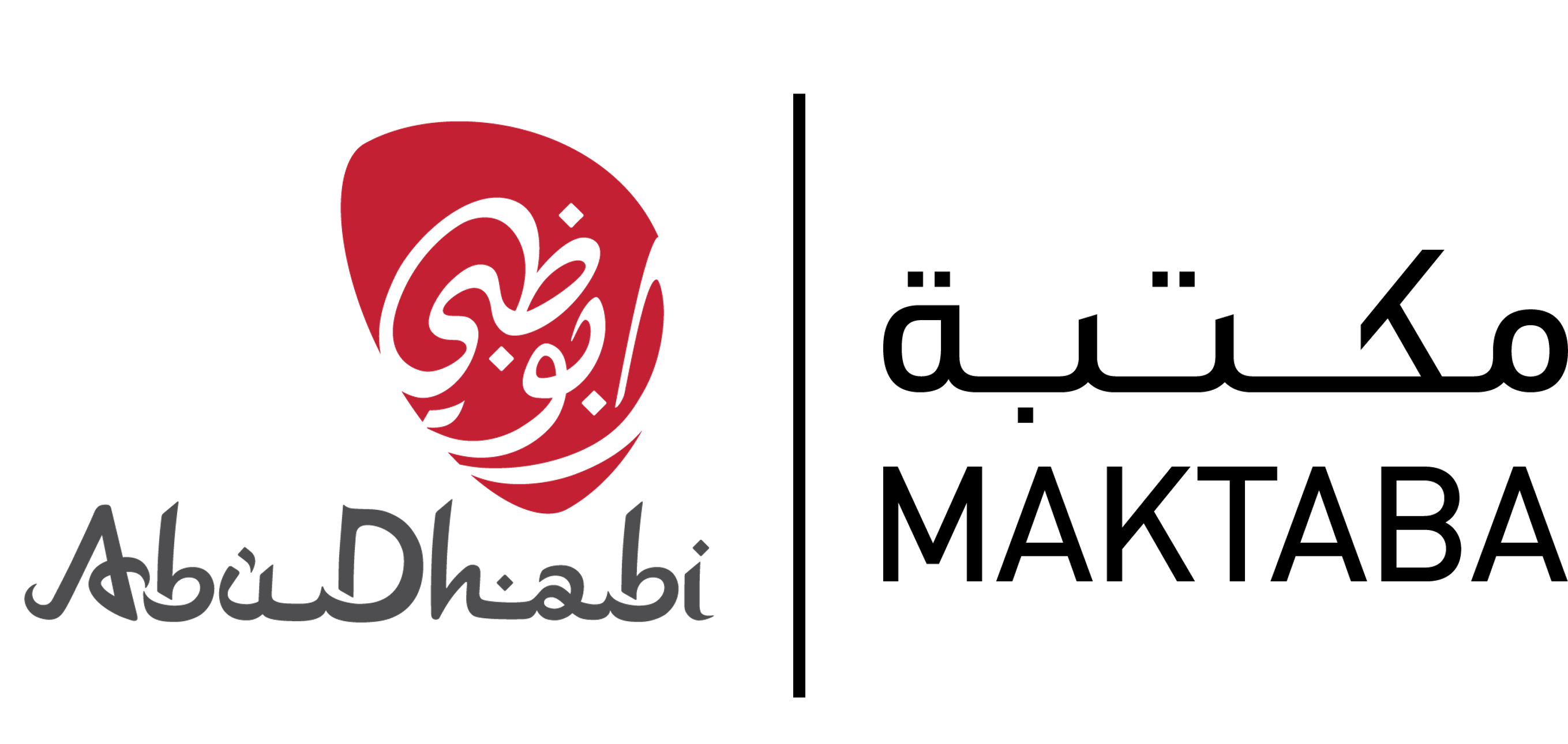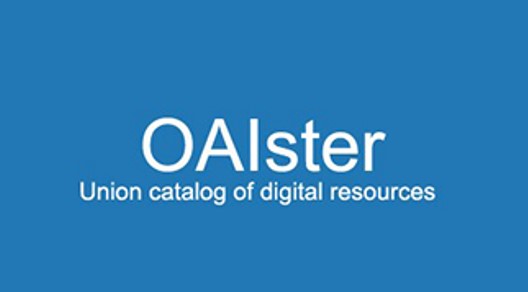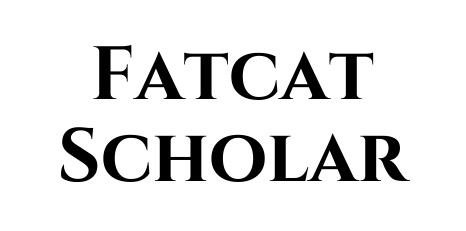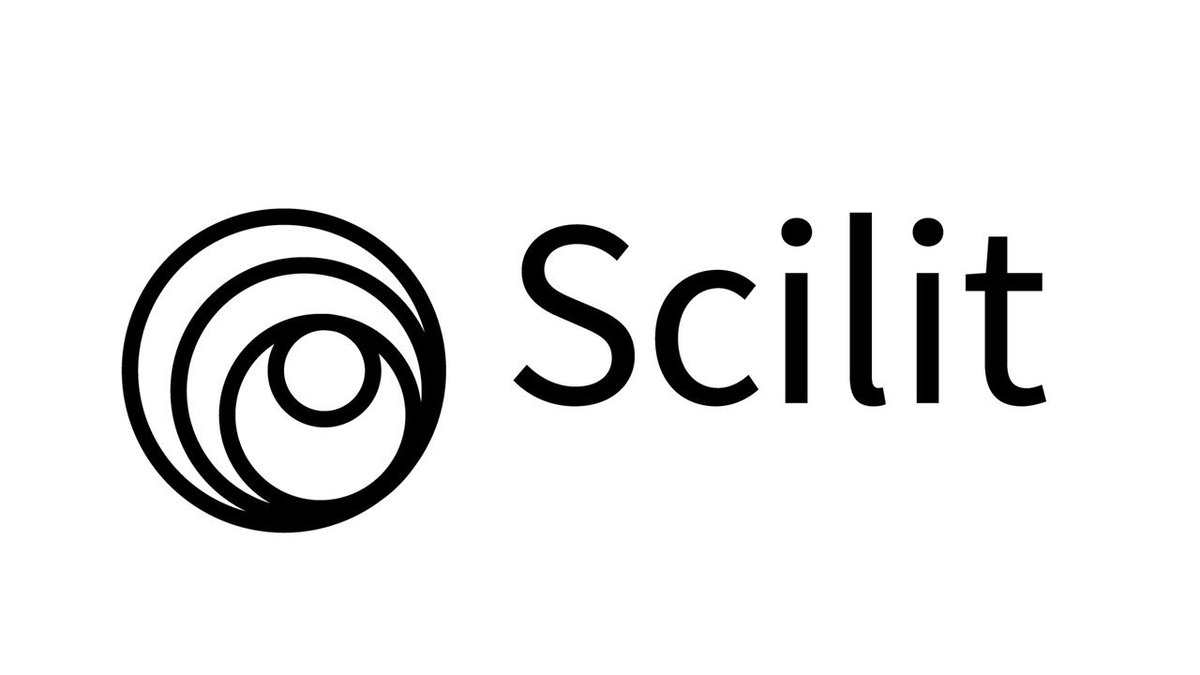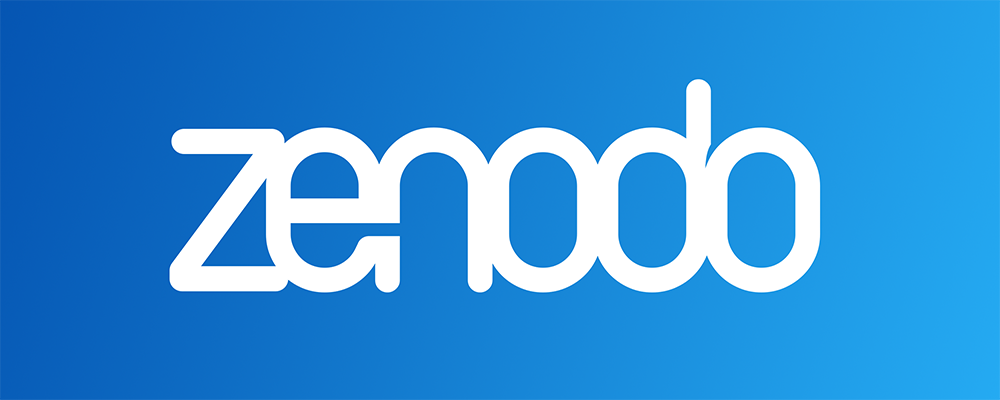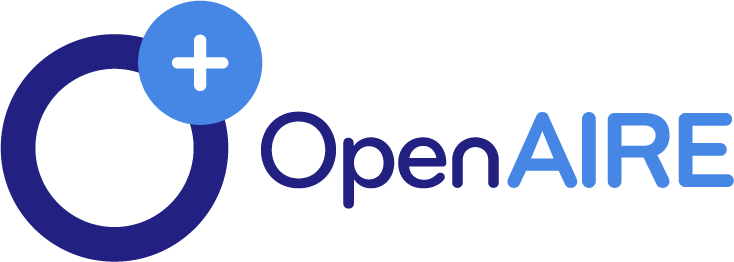Evaluation framework for urban development programs: the case of Morocco
DOI:
https://doi.org/10.52502/ijfaema.v3i4.97Keywords:
Evaluation-Urban development program, Modeling the evaluation processAbstract
The evaluation of urban development programs is now a prerequisite for any initiative to improve their effectiveness. The United Nations has designated 2015 as the International Year of Evaluation (EvalYear). This global initiative aims to support the development of an enabling environment for evaluation at international, national, and local levels (UN, 2015). In Morocco, the situation is still characterized by a weak anchoring of the evaluation function in the political-institutional landscape, except for a few sectoral mechanisms for collecting information and drawing up diagnoses. However, there is a real awareness of this, as the new Constitution of 2011 addresses this deficit and highlights the importance of evaluation in the management of public affairs. In this context, the Moroccan Ministry of Housing has initiated several evaluation studies on specific programs. Accordingly, we will analyze three evaluation studies of urban development projects. The objective of our work is to verify to what extent the modeling of the program evaluation process, developed by Hurteau and Houle (2006), was applied to the evaluation reports analyzed and to issue a well-founded judgment. To do this, we translated the steps of modeling the evaluation process into indicators to create an analysis grid. However, our study may have a limitation in that while the reports analyzed have the advantage of being almost uniform in terms of content, this choice is biased because it does not provide an exhaustive representation of evaluation practice. Finally, the results of our study show that the practice of modeling the evaluation process is not uniform and that it would be important to develop and frame the practice of program evaluation.
Downloads
Published
How to Cite
Issue
Section
License
Copyright (c) 2021 International Journal of Financial Accountability, Economics, Management, and Auditing (IJFAEMA)

This work is licensed under a Creative Commons Attribution-NonCommercial-NoDerivatives 4.0 International License.



